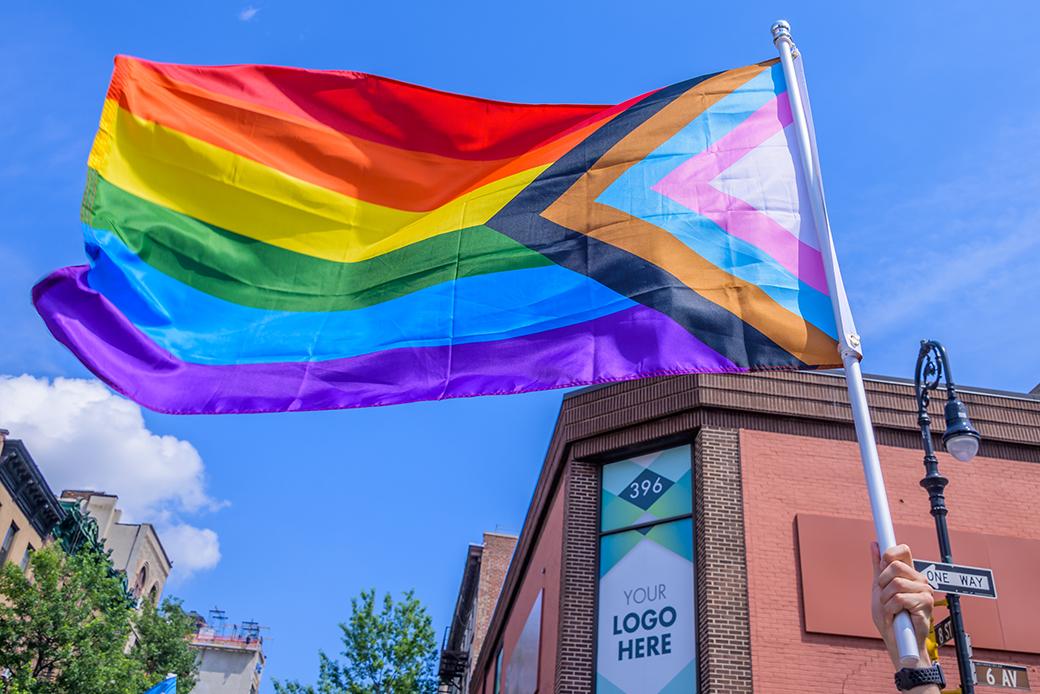In a groundbreaking development for the LGBTQ community in Asia,a recent health insurance mix-up has unexpectedly catalyzed a rare victory for equal rights and recognition across the region. This incident,wich began with an administrative oversight in coverage,has brought to light the systemic biases and challenges faced by LGBTQ individuals in accessing essential health services. As activists and allies mobilize to address these inequalities, the case underscores a meaningful cultural shift, highlighting the growing momentum for advocacy and reform within Asia’s diverse societies. This article explores the origins of this pivotal moment, the broader implications for LGBTQ rights, and the ongoing struggle for acceptance and equality in a region where such victories are often elusive.
A Health Insurance Oversight Sparks Progress for LGBTQ Rights in Asia
A recent incident involving a health insurance mix-up has inadvertently highlighted critical gaps in the treatment of LGBTQ individuals across Asia, leading to a significant push for policy changes. When a transgender individual in Taiwan faced denial of coverage due to a misclassification of their identity, it ignited a wave of advocacy, prompting calls for more inclusive health care policies. This situation has underscored the necessity for governments and insurance companies to recognize and amend systemic issues, ensuring equitable access to healthcare for all, regardless of sexual orientation or gender identity.
In response to the heightened awareness surrounding this issue, various organizations have begun to mobilize efforts aimed at reforming health insurance protocols. The following initiatives have emerged as a direct result of the incident:
- Policy Advocacy: Activists are lobbying for the implementation of thorough policies that explicitly protect LGBTQ rights in healthcare.
- Public Awareness Campaigns: Increased visibility of LGBTQ issues in mainstream media seeks to foster understanding and acceptance among the general population.
- Partnerships with Health Insurers: Collaborations aimed at revising insurance guidelines to include diverse identities and needs.
As these efforts unfold, it becomes clear that the intersectionality of health insurance and LGBTQ rights challenges entrenched norms, fostering an habitat where social change becomes feasible. The push for equitable health solutions not only serves the LGBTQ community but also sets a precedent for other regions grappling with similar issues, ultimately striving for broader human rights advancements in Asia.
Exploring the Impact of Inclusive Policies on health Outcomes for Marginalized Communities
The recent health insurance mix-up that led to a significant breakthrough for Asia’s LGBTQ community has brought renewed attention to the critical intersection of inclusive policies and health outcomes in marginalized groups. As countries grapple with torn social fabrics, this incident serves as a compelling case study on how a simple administrative error can catalyze broader discussions about health equity. The ramifications of such inclusive policies extend beyond individual cases; they contribute to improved mental health, reduced stigma, and enhanced access to healthcare services for those who have historically faced discrimination. By ensuring that marginalized communities are prioritized in health insurance frameworks, governments can actively dismantle barriers that hinder health access.
In light of this event, several key benefits of inclusive health policies become apparent:
- Improved Accessibility: Tailored health services that recognize unique needs.
- Enhanced Visibility: Increased portrayal in health discussions and policymaking.
- decreased Mental Health Risks: A supportive environment reduces anxiety and depression in underserved populations.
Moreover, statistical data demonstrating the positive health outcomes linked to inclusive policies can underscore the importance of such initiatives. The following table highlights notable improvements in health metrics post-implementation of inclusive policies:
| Health Metric | Before Inclusive Policy | After Inclusive Policy |
|---|---|---|
| Mental Health Assessment Scores | 58% | 78% |
| Access to Preventive Services | 35% | 65% |
| Reported Health Satisfaction | 40% | 82% |
Strategies for Advocating LGBTQ Protections Through Healthcare Reform in Asia
In the wake of a significant health insurance mix-up that spotlighted disparities within healthcare access, advocates highlight several approaches to ensure that LGBTQ protections are integrated into broader healthcare reform in Asia. One effective strategy involves mobilizing grassroots support and building coalitions among various civil rights organizations. By aligning with groups focused on gender equality and human rights, LGBTQ advocates can present a unified front that amplifies their demands for equitable healthcare access. These coalitions can also leverage social media to share personal stories that humanize the struggle and foster greater empathy among the general population.
Additionally, engaging policymakers through direct advocacy efforts is crucial. This can include strategic lobbying, where advocates educate legislators on the relevance of LGBTQ inclusivity in healthcare policies. Hosting roundtable discussions and workshops can provide a platform for affected individuals to share their experiences with health services, thereby illustrating the urgent need for reforms. Furthermore, compiling data on health disparities faced by the LGBTQ community can bolster these arguments, presenting a compelling case for lawmakers to enact comprehensive policies that protect and promote the wellbeing of all citizens.
The Way Forward
the recent case highlighted by the Wall Street Journal serves as a significant milestone for LGBTQ rights in Asia, illustrating the potential for social progress stemming from unexpected circumstances. The health insurance mix-up not only brought to light the pressing issues faced by LGBTQ individuals in accessing essential services but also galvanized a broader movement advocating for equality and protection under the law. As advocates continue to push for reforms, this rare victory underscores the importance of raising awareness and creating inclusive policies that reflect the diverse fabric of society. While challenges remain, the resilience demonstrated by the community in the face of adversity offers a beacon of hope for future advancements in rights and recognition across the region. Continued advocacy and dialog will be critical as Asia navigates this evolving landscape, ensuring that the voices of LGBTQ individuals are heard and respected.


